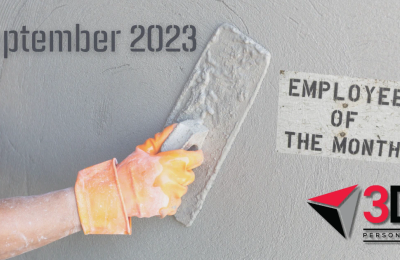As the impact of the coronavirus impact continues to hit construction here’s a look at the possible contractual remedies that may be available to contractors following disruption on site.
Author Elizabeth Vago at Spencer West LLP said: “This note is a general overview and the remedies which are ultimately available will obviously depend on the exact contract in question.”
How could this impact Contractors?
The current outbreak of the coronavirus is an issue of concern for construction organisations.
Each project will have its own facts and circumstances, but parties may be looking at potential extensions of time to complete their projects and other remedies. For example, a contractor may experience delays in completion and slowdown of projects due to delay in products and deliveries coming from China or elsewhere globally or restrictions placed on movement of people and/or travel in general.
What should you do?
First of all, look at the operational provisions in your contract.
- All construction contracts contain programme obligations. Are you obliged to submit a revised programme due to disruption or otherwise notify your client that the programme may not be met?
- Does your contract obligate you to give early warnings of delays and cost overruns (e.g. Clause 16 of the NEC3 ECC)? If so, you must do so promptly. If you later seek an extension of time or payment of additional cost, this could become very important.
- Does your contract require regular progress reports? If so, you should clearly set out all impacts that the disease has had on the project.
Can you make a claim?
The starting point for your rights and obligations, should you find yourself affected by Coronavirus, will be your contract.
None of the standard form contracts (e.g. JCT and NEC3/4) refer expressly to epidemics or spread of diseases.
Outbreak of illness does not fall within the meaning of “excepted risks” used in most of the standard forms that might otherwise have entitled contractors to time or money. So, contractors may have to rely on other clauses in the contract such as:
- suspension;
- force majeure and prevention;
- change in law;
- instruction by the engineer;
- delay in delivery of materials;
- variation;
- delay as a result of the engineer’s flexible working arrangements; or
- special circumstances.
The standard forms of contract are more likely to provide routes for the granting of extensions of time and additional cost due to the coronavirus on one basis or another. However, contractors will need to carefully analyse the relevant facts and their particular contract provisions and amendments.
It is not always clear which route will be the best basis of entitlement for the contractor. Contractors may not be able to point to one clause for a full remedy, and may have to rely on multiple provisions – used in conjunction with the common law – in order to be granted both time and money.
Read the full article on: https://www.constructionenquirer.com/2020/03/16/legal-guide-to-coranavirus-and-construction-contracts/













LIVE NEWSFEED